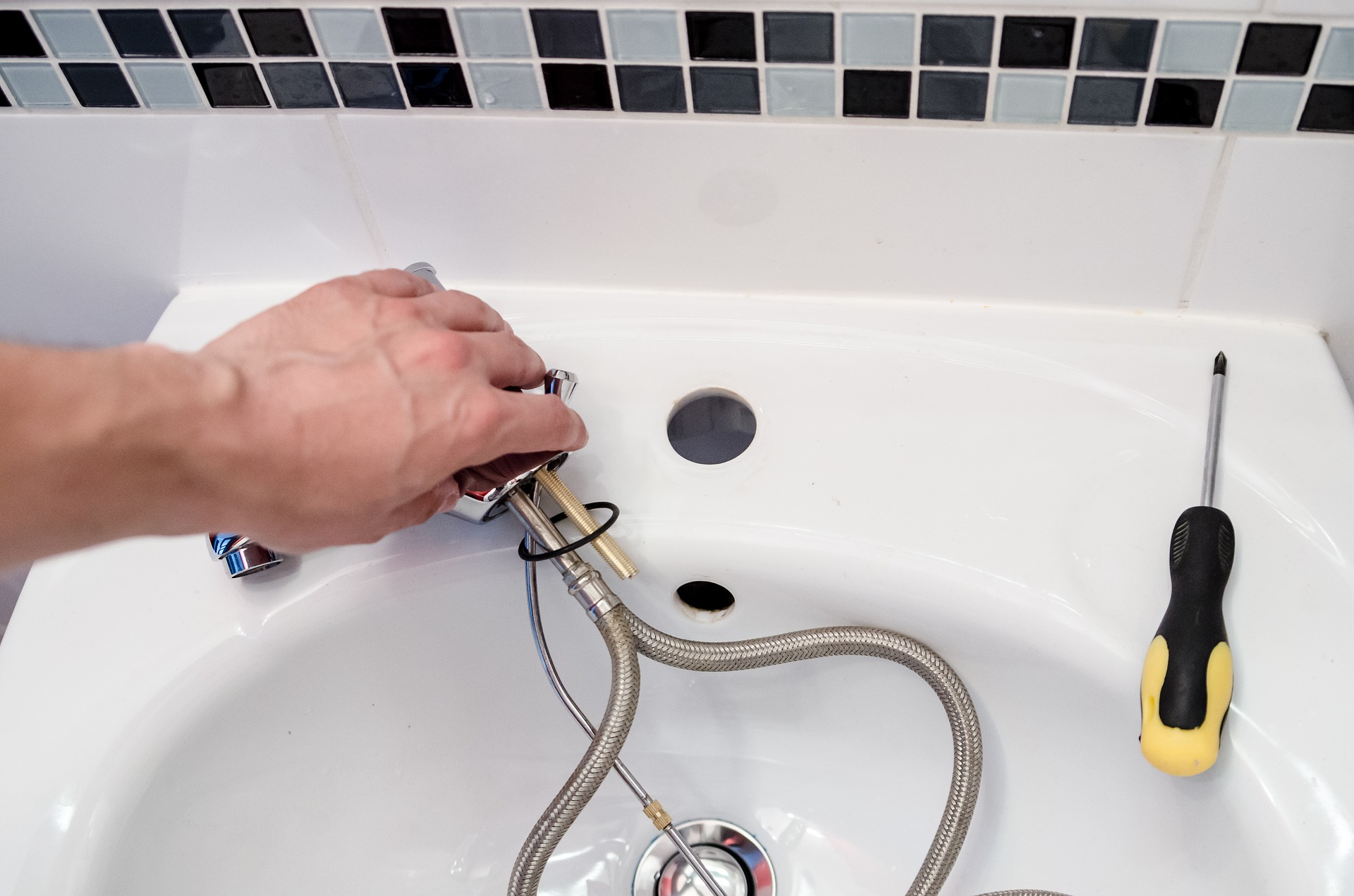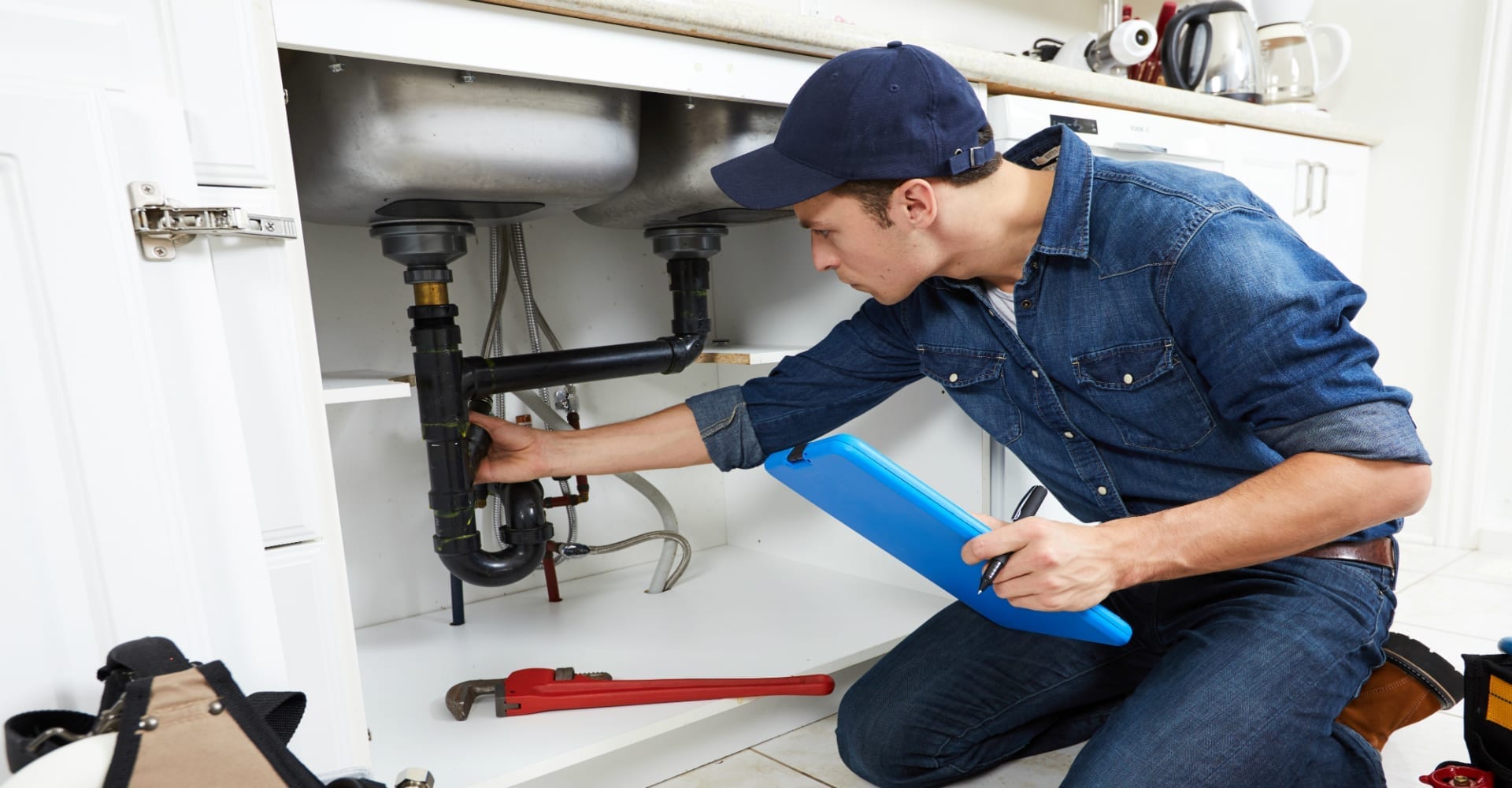They are making a number of good observations related to How to stop pipes from freezing during the winter as a whole in this content down below.

All house owners who live in temperate climates need to do their ideal to winterize their pipelines. Failure to do so can mean catastrophe like frozen, cracked, or burst pipes.
Switch on the Faucets
When the temperature level decreases and it seems as if the freezing temperature level will last, it will certainly help to transform on your water both inside your home and also outdoors. This will certainly keep the water streaming via your plumbing systems. You'll end up squandering gallons of water this method.
Open Up Cupboard Doors Hiding Plumbing
When it's cold outside, it would be practical to open cabinet doors that are concealing your pipelines. They could be somewhere in your cooking area or restroom. This will enable the cozy air from your heating unit to flow there. As a result, you stop these subjected pipelines from freezing. Doing this little technique can maintain your pipes warm as well as limit the potentially harmful outcomes of freezing temperature levels.
Require Time to Wrap Exposed Pipeline
One simple as well as clever hack to warm up frigid pipes is to wrap them with warm towels. You can cover them first with towels. After securing them in place, you can pour boiling water on the towels. Do it slowly to let the towels soak up the fluid. You can additionally utilize pre-soaked towels in hot water, just do not forget to wear safety gloves to guard your hands from the warmth.
Attempt a Hair Dryer or Warmth Gun
When your pipelines are practically freezing, your dependable hair dryer or warm gun is a blessing. If the warm towels do not help remove any kind of clearing up ice in your pipelines, bowling hot air directly right into them might help. However, do not make use of other objects that generate straight fires like a blow torch. This can cause a larger disaster that you can not regulate. You might end up harmful your pipelines while attempting to melt the ice. As well as over time, you may also end up shedding your home. Beware!
When Pipelines are Frozen, close Off Water
If you discover that your pipelines are completely frozen or virtually nearing that phase, transform off the major water shutoff promptly. You will usually discover this in your cellar or utility room near the heater or the front wall surface closest to the street. Transform it off right now to prevent additional damage.
With even more water, more ice will stack up, which will ultimately lead to break pipelines. If you are not sure about the state of your pipelines this winter season, it is best to call a specialist plumber for an evaluation.
All property owners that live in pleasant climates must do their ideal to winterize their pipelines. Failing to do so can spell catastrophe like frozen, cracked, or ruptured pipes. If the warm towels do not aid displace any clearing up ice in your pipes, bowling hot air straight right into them may aid. Turn off the main water shutoff promptly if you notice that your pipelines are entirely frozen or practically nearing that phase. With more water, even more ice will load up, which will ultimately lead to burst pipelines.
PREVENT YOUR PIPES FROM FREEZING THIS WINTER
A Leading Cause of Property Damage
When the weather is taking a deep nose dive into the cold dreary days, the risk of your pipes freezing and potentially bursting skyrockets. Unfortunately, during these cold dreary months, burst pipes are the most common denominator for property damage. The pipes that are most at the risk are those that are in areas where it is most cold in your home. For instance, pipes located in interior places such as basements, attics, and your garage. Unfortunately, that doesn’t mean that the pipes running through your cabinets or exterior walls can’t freeze. Good news, however, is that you can do things to help prevent pipes from freezing.
How to Prevent Pipes From Freezing
Once the temperature starts to drop during the winter, you should be taking the proper measures needed to ensure that your pipes stay warm and that there is circulation of water through them. Some steps that experts may recommend could go against your better judgement when it comes to saving water and heat. However, it would go without saying that when expenses are compared, damaged pipes could put a bigger dent in your wallet than a water bill.
What Can I Do?
Keep your garage door closed. This is very important, especially if you have water supply lines running through your garage. Open your kitchen and bathroom cabinets to allow warm air to circulate through them. Allow air circulation throughout your home. Keeping the interior doors open will once again allow the warm air to circulate inside your home. Ensure your thermostat is running the same temperature throughout the night and day. If you plan to be away from home during the cold months, set your temperature no lower than 55° F. This should provide enough heat to keep the pipes warm and prevent any remaining water inside the pipes from freezing. For more of a long-term solution, add insulation to attics, basement, and other crawl spaces around your home. By allowing your faucet to drip, it will alleviate pressure in the system. This is important because the pressure that is created between the blockage and the faucet can potentially cause the pipes to burst. Allowing the faucet to drip will prevent the pressure from building up, therefore keeping the pipes from bursting. Seal any cracks, openings, and crawl spaces around your home to prevent cold air from coming inside. This keeps your pipes-not to mention your home-warmer and less susceptible to issues caused by freezing temperatures. For the pipes in your home that are easily accessible, applying electrical tape to them might prevent them from freezing over. This is a quick fix, as you can apply the tape directly to the pipe. There are two options for heating tapes. One turns on and off by itself when it senses heat is needed. The other type of heating tape needs to be applied when heat is needed and removed when not necessary. If you have exposed pipes in your home, you can check this website to take a look at a few options that would be available at a shop near you.

Hopefully you enjoyed reading our post on How to Prevent Frozen Pipes. Thank you so much for spending some time to read our article post. Do you know about somebody else who is sincerely interested in the subject? Please feel free to share it. I take joy in reading our article about How to stop pipes from freezing during the winter.
Immediate inquiry? Reach.